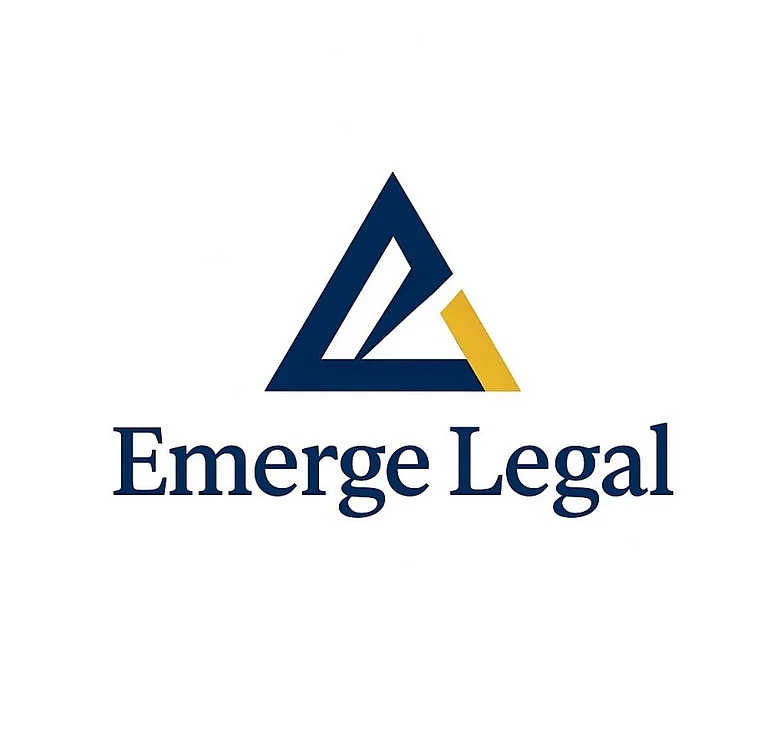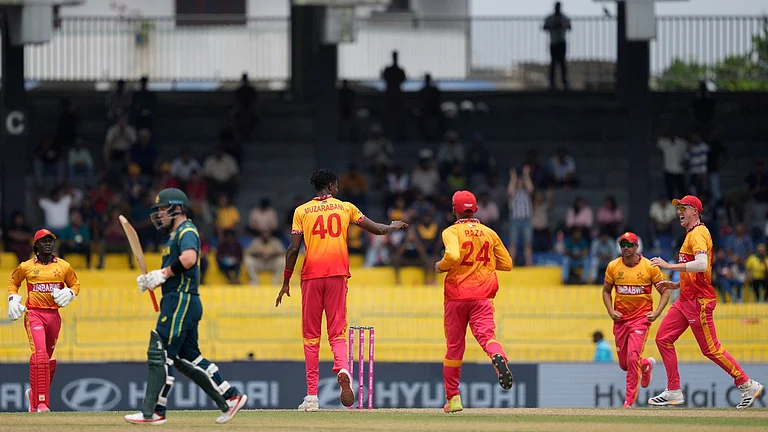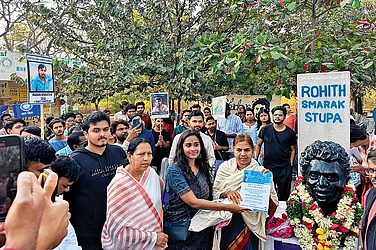The Union Cabinet on Wednesday approved an ordinance making acts of violence and harassment against healthcare personnel deployed in combating COVID-19 a non-bailable offence, meeting a key demand of health professionals in the wake of recent attacks on them while discharging their duty.
The maximum sentence under the new provision is seven years imprisonment and Rs five lakh fine.
A person can be sentenced to anywhere between three months and five years of jail, besides a fine between Rs 50,000 and two lakhs, for such crimes, Union Minister Prakash Javadekar said, asserting that the government has "zero tolerance" for violence and harassment against doctors, nurses, paramedics and other healthcare personnel.
In cases where injuries caused are serious, the punishment will range from six months to seven years, and carry fine between Rs 1-5 lakhs, the minister told reporters.
The ordinance will amend the Epidemic Diseases Act, 1897, and the amended law will also be invoked if health care personnel face harassment from their landlords or neighbours over suspicion that they may carry the coronavirus infection due to the nature of their work, he said.
An offence under the amended law will be cognizable and non-bailable, Javadekar said.
Cognizable and non-bailable offence means that police can arrest the accused, and only courts can release them on bail.
"Our government has zero tolerance against violence and harassment targeting doctors, nurses, paramedics and ASHA workers when they are doing their best to fight the pandemic," he said.
People responsible for violence will also be liable to pay damages, which will be double the market value of the property vandalised, the Information and Broadcasting minister said.
"The government is ensuring that our health professionals can work without any tension," he added.
Healthcare professionals have faced violent attacks in some areas during their drive to test people for suspected infection or quarantine them.
There have also been reports that their landlords or neighbours in some cases opposed their presence claiming they may be carriers of the infection on account of their work.
Prime Minister Narendra Modi had often condemned such cases of attacks and harassment, while lauding the role of healthcare professionals in combating the deadly disease.
Asked whether the changes in the law will be applicable even after the threat of COVID-19 is over, Javadekar told reporters that the ordinance has been approved to amend the Epidemic Act.
"But it is a good beginning," he said, without elaborating.
Javadekar noted that Home Minister Amit Shah and Health Minister Harsh Vardhan had a meeting through video conference with with a group of doctors and representatives of the Indian Medical Association (IMA) earlier on Wednesday.
The government assured them that they will be protected, he said.
The IMA, which had been demanding a law to protect healthcare professionals, called off its proposed 'White alert' and 'Black day' protests scheduled on April 22 and 23 following the meeting.
The I and B minister underlined the government's commitment to helping health professionals involved in fighting COVID-19 by noting that it had earlier brought them under an insurance cover of Rs 50 lakh.
As of now, over 723 COVID-19 hospitals, 1.86 lakh beds and over 24,000 beds with ICU facilities have been created to deal with the pandemic, he said.
The amended law will come into effect after the President promulgates it and the government notifies it.


























